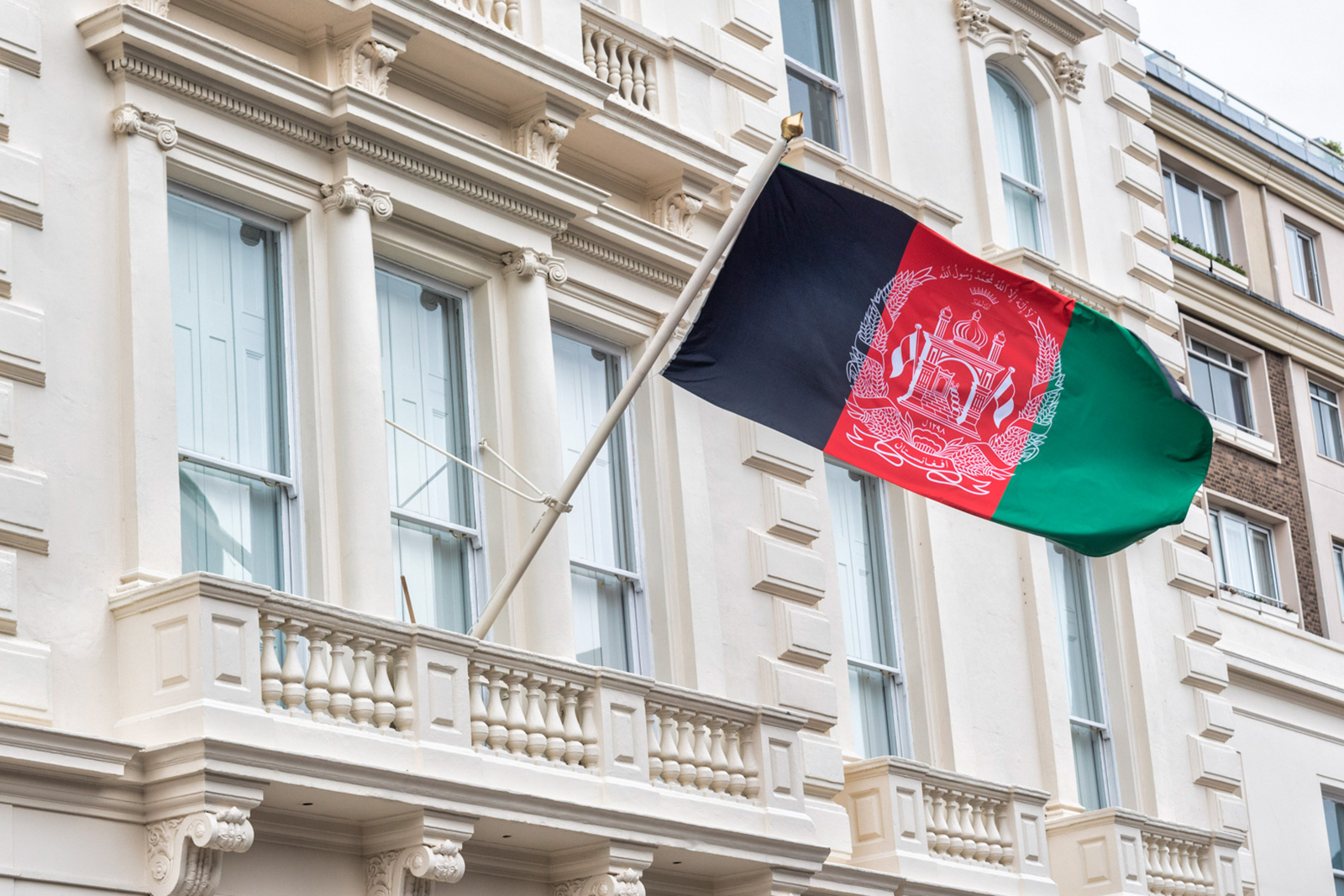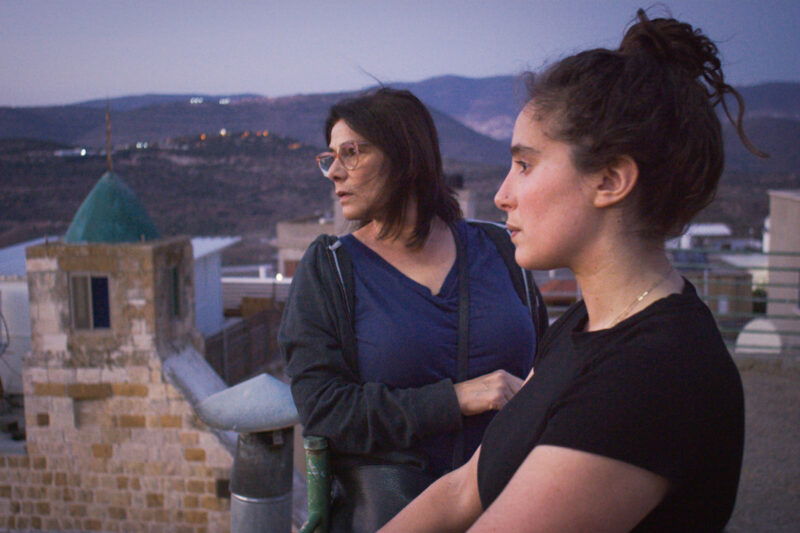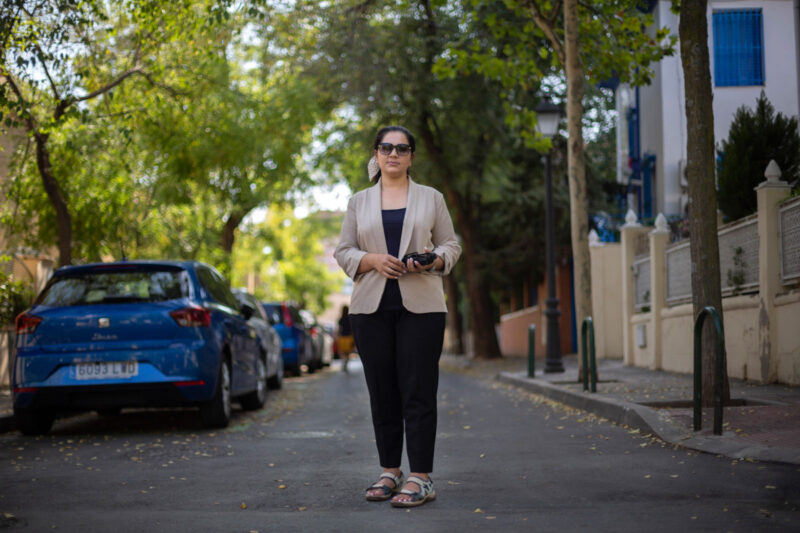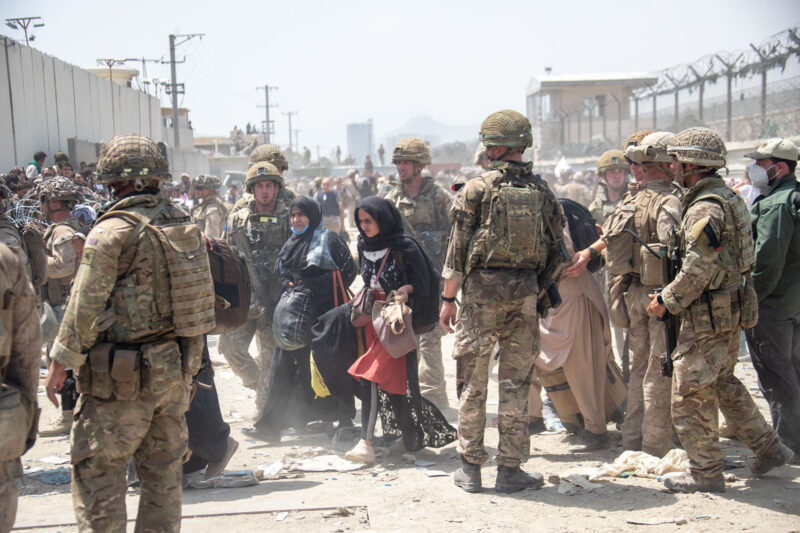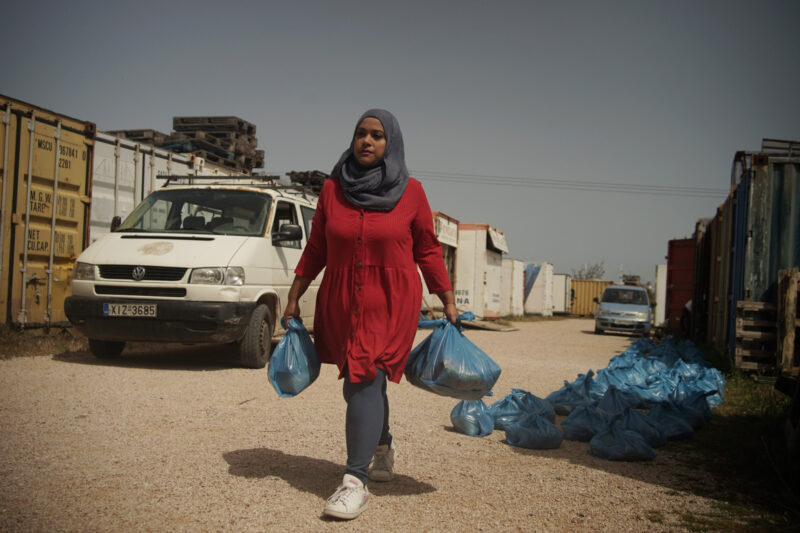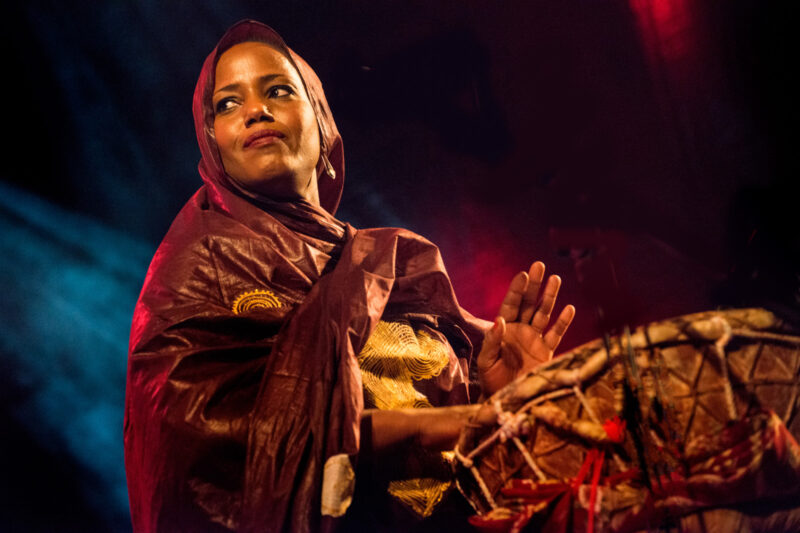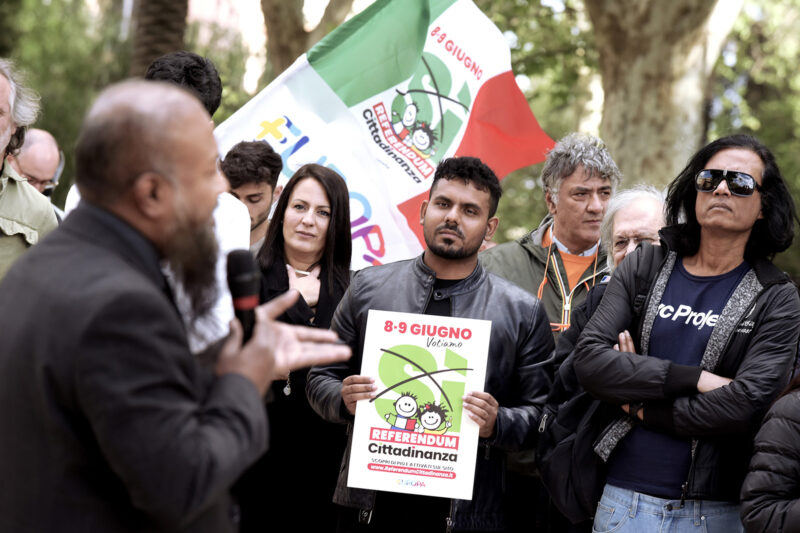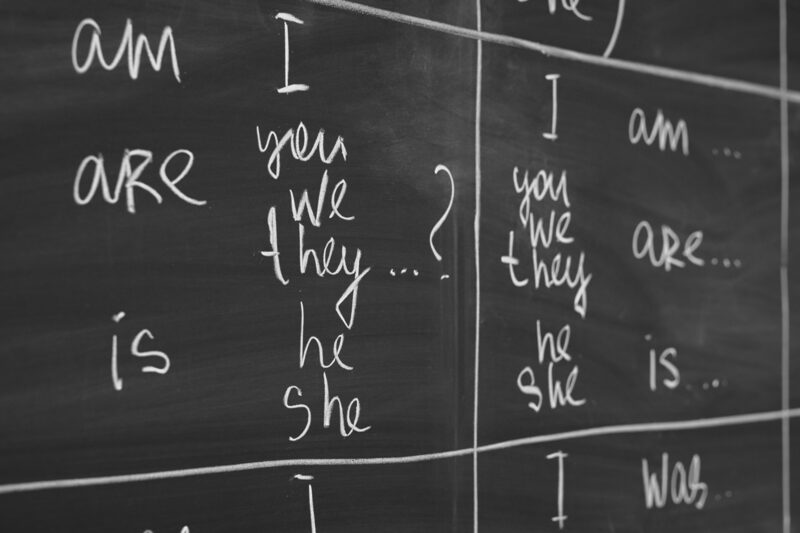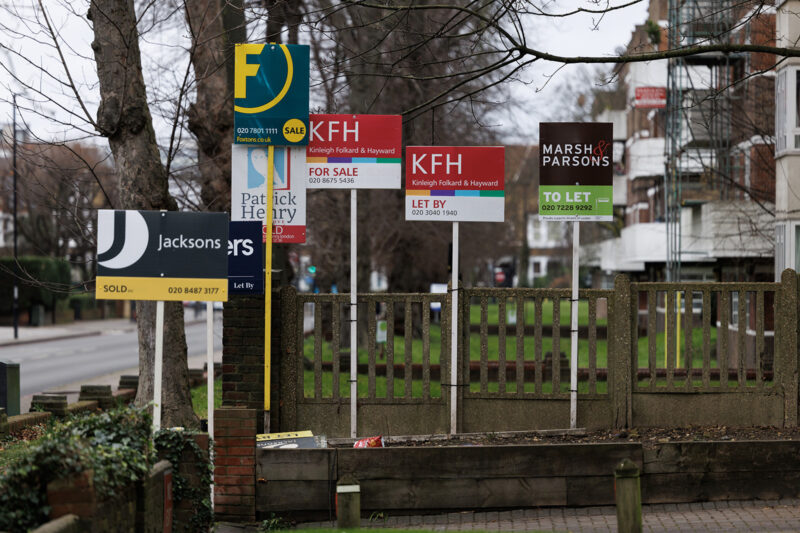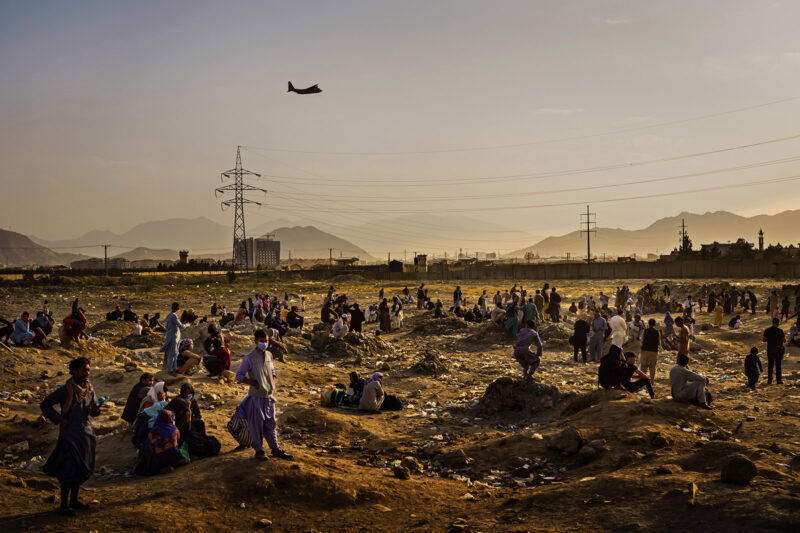How Europe failed Afghanistan’s women
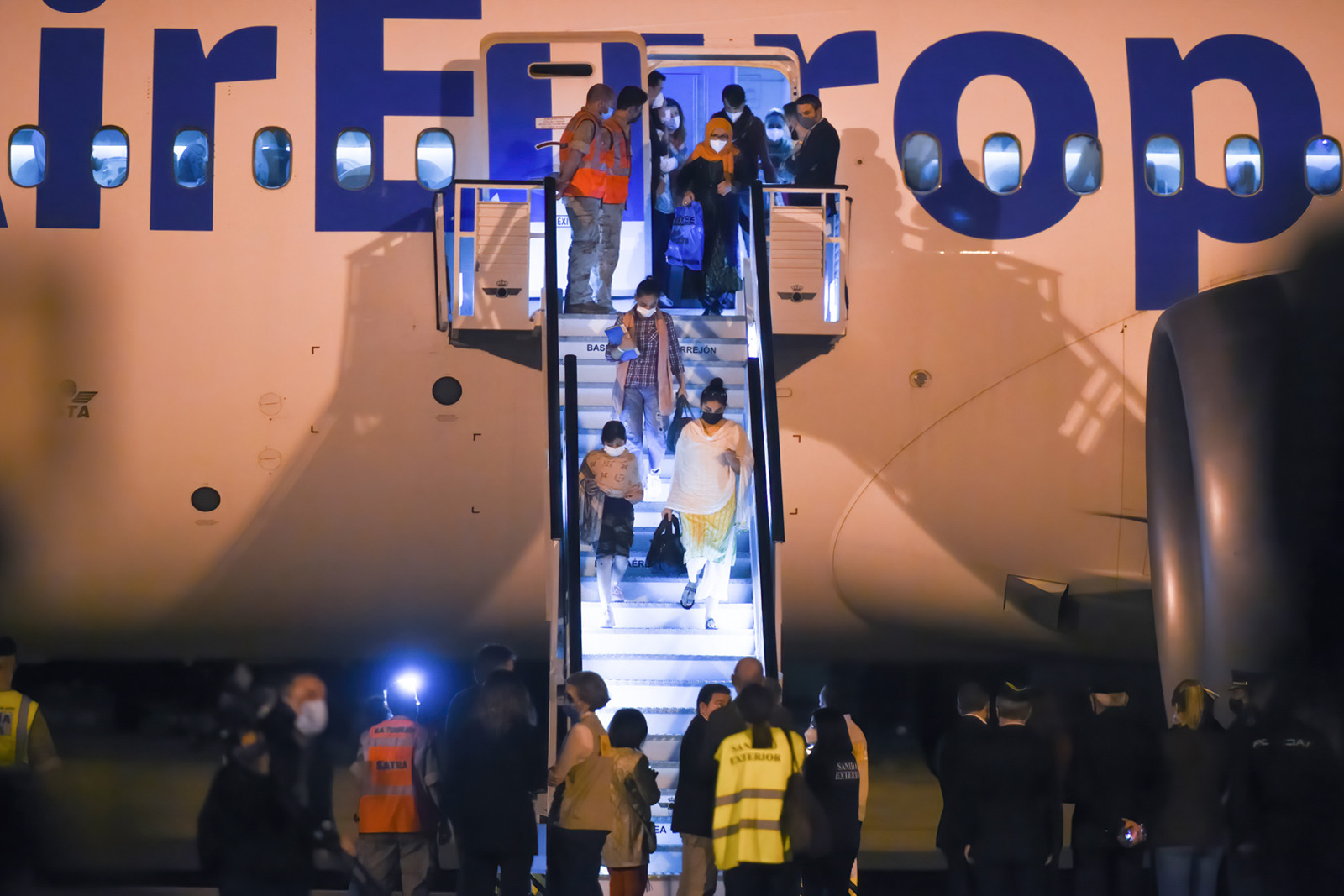
When the Taliban retook Afghanistan, the EU promised to protect women. Four tell Hyphen of their experience trying to take up that offer
It is nearly four years since the Taliban retook Afghanistan in August 2021, prompting the rapid withdrawal of US and Nato troops. The swift departure of US-backed president Ashraf Ghani, followed by the chaotic exit of thousands of Afghans whose lives were suddenly at risk having worked for western governments, aid groups and security missions, is counted among the greatest foreign policy disasters for Europe and America in modern history.
The collapse of a 20-year international effort to keep the Taliban at bay and establish an allied, democratic state exposed deep strategic failures by western governments.
“The US spent an estimated $2tn and the EU contributed one of its largest humanitarian investments ever but neither was able to build strong domestic governance in Afghanistan,” said Scott Lucas, professor of American studies at University College Dublin. “Corruption flourished under western watch, and many Afghans never fully backed the Ghani government.”
US and Nato forces perpetrated widespread abuses in Afghanistan, including airstrikes and night raids causing extensive civilian casualties. Atrocities — including rape, torture, and summary executions — were committed by western-backed militias whose leaders later held senior roles in the Afghan government.
Yet some progress was made: millions of girls gained access to education in government-held areas, women entered public life and politics, and rights of the Afghan media were developed.
A key part of the EU’s investment in Afghanistan was in women’s rights, but just a month after taking power, the Taliban rolled them back, banning secondary education for girls and denying 1.4m young women a right to schooling. In March 2022, the reopening of secondary schools for girls was announced but reversed within two days over calls for policies aligned with Islamic law and Afghan culture. By December, a ban on higher education effectively barred women from universities nationwide. Four years on, women are banned from all formal education. The Taliban issued a decree in December 2022 forbidding women from working in NGOs.
In December 2021, with the humanitarian situation in Afghanistan rapidly disintegrating, 15 EU states committed to accepting 40,000 Afghan refugees for resettlement: an internationally agreed framework intended to offer long-term protection to those unable to return home.
The EU claims to have admitted 41,500 Afghans between 2021 and 2023, out of more than 250,000 who have been categorised as being in urgent need. However, UNHCR data from August 2023 showed that the EU had formally resettled just 329 Afghan refugees, in just four countries, leaving the vast majority stuck in “limbo”. The International Rescue Committee describes this failure as “staggering neglect”.
“When you pledge to admit 40,000 Afghans, you must resettle each one of them,” said Lucas. “At the end of it all, the scale of failure was enormous — and the greatest losers were the Afghan people, especially women.”
Hyphen spoke with four Afghan women about their experience of asylum in the EU.
Zeinab, France
Zeinab, 20, was teaching art at a French school in Kabul when the Taliban seized power. As the daughter of a former soldier and a member of the persecuted Hazara minority, her family was immediately at risk. When the Taliban banned girls’ education and women’s employment, Zeinab lost both her jobs — first as a teacher, then at a beauty salon.
“For three months, I locked myself in the house. I chose freedom behind four walls instead of the streets, which were hell for us,” she said. “It was so hard financially. Apart from prayer mats and some clothes, there was nothing else left to sell.”
In late 2023, on the advice of French human rights activists, Zeinab travelled to Tehran to apply for a humanitarian visa. Stranded amid nationwide protests and with little money, she feared deportation as delays mounted.
After eight months, she finally received her humanitarian visa and in June 2024 arrived alone in France, where she was met at Charles de Gaulle airport by a translator and a police officer. Since September 2021, France has received around 39,000 first-time asylum applications from Afghans, including at least 4,000 from journalists, artists, and former Afghan security personnel and their families, according to the French Office for the Protection of Refugees and Stateless Persons (Ofpra).
Zeinab now lives in suburban Paris, receives just €200 a month and is struggling to survive. “It’s impossible to live with this money. The room I live in is held together with paper and cardboard,” she said.
She does not speak French and says the language barrier alongside a lack of legal support have left her navigating complex systems alone. “I once waited six hours at a food bank, only to be shouted at when I asked if the food was halal.”
Hannah Neumann, a German MEP with the Greens/European Free Alliance political bloc, told Hyphen: “Afghan women are professionals, students and entrepreneurs. Instead of endless paperwork and insecurity, they need fast-track residency, employment pathways and mentoring programmes.
“Protection, justice and opportunity must go hand in hand. As it is quite apparent that they will stay for longer, this is also in the host countries’ interest.”
Zeinab has started going to French classes with the help of her social workers and hopes to do an MBA in graphic design, which she plans to pay for by working at a restaurant. “I want to first stand on my feet, earn some money, support my family and help bring them to safety,” she said.
Homira, Spain
Homira, 26, was studying in Lahore, Pakistan, when the Taliban took Kabul. She had planned to return home in September 2021, but instead found herself stranded in Pakistan.
Her late father advocated for minority rights in northern Afghanistan and she saw the brutality of the Taliban first-hand as a child. “The Taliban broke down our door and shot at my mother’s face because they thought she was hiding my father. She still has a bullet mark on her cheek,” she told Hyphen.
Knowing the Taliban targeted educators, especially women’s rights advocates like herself, Homira could not risk returning to Afghanistan. She approached several European embassies in Lahore for assistance and in September 2022 finally received a humanitarian visa to Spain.
Since 2021, the Spanish government has granted international protection (refugee status and subsidiary protection) to at least 4,190 Afghan nationals.
Its ministry of social inclusion works with NGOs who manage an integration programme including social welfare, psychological support, training, language classes and help finding jobs. Refugees have access to legal advisers, psychologists and translators.
In her first few months in Madrid, Homira was sexually harassed while in refugee housing. She told Hyphen that the response of NGO social workers to this assault shattered her hopes of finding safety in Europe.
“When I took [the assault] up with the social workers, they brushed it off as a cultural misunderstanding saying that ‘this was Europe and not Afghanistan,’” she said.
Homira was provided with a mental health session after the incident, which she found helpful, but says she still struggles with traumatic memories of the incident.
Barcelona-based immigration lawyer Yasmin Mutasim told Hyphen that NGOs supporting refugees often face funding shortages and lack proper training: “Different field workers have to collaborate in the reception system — translators, psychologists, social workers — but inadequate funding not only has an impact on staff training but the efficiency of that collaboration and ultimately the quality of care asylum seekers receive.”
Neumann added: “Beyond asylum, mental health support is essential. Afghan women have suffered persecution, violence and forced separation. Yet trauma care in many reception centres is inadequate. The EU must integrate gender-sensitive mental health support into its asylum infrastructure.”
In the relative safety of her new home in Spain, Homira is determined to help other Afghan women and girls in any way she can.
“I want to help as many Afghan girls learn and chase their dreams as I can,” she said. “I’m safe now, but my people deserve freedom too — and I’ll do everything I can to fight for them, to help them recover from the trauma that we as Afghan women have had to deal with all our lives.”
The NGO involved did not respond to Hyphen’s request for comment.
Roya, Spain

Roya, 22, from Kabul, survived the suicide bombing at the Kaaj Educational Center in 2022 that killed 53 students. The attack left her trapped under rubble, surrounded by the bloodied bodies of her friends. After the bomb blast, she spent six months receiving treatment in Islamabad, where she applied for a humanitarian visa at the Spanish mission. She arrived in Madrid in March 2023.
“I thought I had reached safety, but quickly realised that the hardest part of this journey had just begun. Seeking asylum is not only about fleeing a land full of horror, but also about entering a world of instability, endless waiting, homelessness and alienation,” Roya told Hyphen. “The system is confusing and obscure. It’s hard to understand.”
In September 2024, Roya received an email approving her request to be reunited with her elderly parents and two younger siblings, but just a few months later, her request was rejected without explanation. The fear of never seeing her family again has left her with a sense of helplessness and caused immense mental stress. “Why, when I am safe, should my family still be in danger?”
In October 2021, a high level forum of the European Commission held to coordinate protection efforts for Afghans at risk emphasised the need for safe and legal routes to safety for refugees, including family reunification.
The EU’s family reunification directive, in place since 2023, covers 25 of the 28 member states, but its implementation varies widely. Refugees face different procedures and criteria in each EU country, with varying rules on proving family ties and which relatives qualify for reunification. Austria recently announced it was bringing an immediate halt to family reunifications citing widespread concern about immigration. Shoura Hashemi, head of Amnesty International Austria, described the move as “a clear violation of applicable international law”.
Spain allows family reunification not only for nuclear family members but also, under certain conditions, for dependent parents, such as Roya’s. She says social workers at the NGO assigned her case have been in touch with legal support and she hopes to appeal the ruling.
While she waits for this legal challenge to begin, Roya is focusing on making and saving money to secure her family’s future.
“My entire family is financially dependent on me and I save some money and help them buy supplies,” she said. “I’ve also been sending scans of books and reading material to my sisters who can’t go to school. My dream is to see them soon, hug them and build our life with all the freedom here.”
Parasto, Poland

For Parasto, a 37-year-old human rights lawyer from Ghazni in south-east Afghanistan, the journey from Kabul to Poland was long and rife with setbacks. She had a US visa and was preparing to board a flight to America on 23 August 2021 when gunfire and violence at Kabul airport amid chaotic departures on military planes changed everything. Yari was redirected toward a European evacuation. In the rush, she boarded a Polish military flight and ended up in Warsaw.
Parasto and her family spent five months in a Warsaw refugee camp, which had a single bathroom shared by 50 women. After several months in the housing centre, a group of local women volunteers helped her find work at a local law firm. They also helped her with the necessary asylum paperwork, food and housing.
“I am deeply thankful to [the firm] and the Polish women who helped my family. They were ordinary civilians, yet their support meant everything to us. The first few months were tough.”
In October 2024, the European Court of Justice made a landmark ruling stating that any Afghan woman fleeing the Taliban has sufficient grounds for asylum. However, rights groups say there is still a lack of safe and legal routes available to them.
“Many are forced to take very dangerous journeys with their children crossing multiple borders while facing harassment, intimidation, violence and illegal push backs. Along the way, they risk exploitation by smugglers or even border authorities who often fail to protect their rights,” said Sahar Fetrat, a Human Rights Watch researcher.
“Since there are no safe and legal routes, many of them arrive deeply traumatised, requiring urgent mental health support and guidance to rebuild their lives that are often not easily accessible to them as they wait for their asylum claim to be approved.”
Parasto attributes her safety to the kindness of local people rather than the official system. She believes the EU needs to make the asylum process simpler for the many Afghan women still trying to make their way to safety, separated from their families and at risk of deportation in countries like Iran and Pakistan.
“I hope the EU will help these girls, as many of them are alone and their families are in danger,” Parasto said.
The women’s names have been changed at their request for their safety.
 Newsletter
Newsletter


